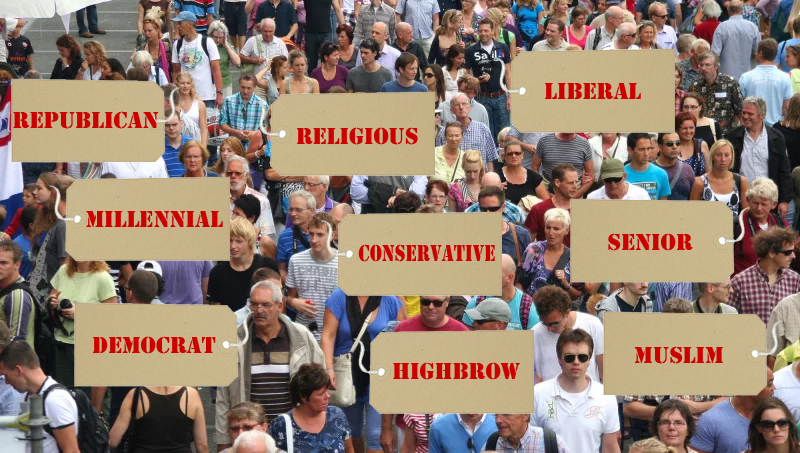In a bit of cheeky homage, I took the title of this post from an article I read many years ago. That article was about conversational terrorism. This post is not.
Rather, I want to say a few words about good conversation… because I have the impression this skill is slowly being forgotten.
I am old enough to have attended “charm school” as a little girl. Most people of younger generations probably never had the opportunity to learn the basics of social etiquette. This is especially apparent in the virtual world.
Social conversations in the virtual world can be fun, fascinating, intimate and revealing. But in the hands of someone who knows nothing of social etiquette, they are often distinctly unsatisfying, if not downright off-putting.
Social etiquette is all about being kind and thoughtful, and putting others before yourself. This is especially key in conversations.
Good conversation is not difficult. Just follow these guidelines, and you will make more friends, and have more pleasant social experiences. In sum:
Focus on the other person.
Listen attentively to what the other person is saying. Don’t just think about what you are going to say next. Pay attention to them.
Refrain from talking about yourself. Instead, show the other person that you are interested in what they are saying.
One way to do this is to ask them a question that invites them to say more.
-
-
- Example: They talk about the sim they are building.
- Good response: Ask if this is the first sim they have built.
- Poor response: Talk about the sim that you built.
-
One caveat about asking questions: be careful not to ask questions that seem intrusive by touching on highly personal or real-world information. Keep in mind that anonymity is important to most people in virtual worlds. They may not want to reveal what part of the world they live in, or details about their work, health, home or family life.
Another good way to respond is to rephrase or sum up what they have said. This is an effective way of letting someone know that they have been heard.
-
-
- Example: They talk about a feat achieved in a video game.
- Good response: Wow! That is quite an accomplishment!
- Poor response: Talk about another game that you play.
-
If someone shares excitedly about something they enjoy, acknowledge their joy… even if you do not share it. Nothing is more off-putting than responding to someone’s happiness by rejecting it, with some version of “I don’t like that.” It may be the most effective of all conversation-killers.
-
-
- Example: They talk excitedly about a concert they attended.
- Good response: Ask how often they’ve heard the artist live.
- Horrible response: Comment that you don’t like that artist.
-
The underlying principle in all these examples is to focus your attention on the other person, and encourage them to talk.
Sometimes, if the other person is reluctant to talk, you do need to start a conversation by talking about yourself. Choose something that you can use to draw the other person in—something that you can get them to talk about. Remember that the goal is to focus on the other person. Your conversation starter should be a way to encourage the other person to talk.
No matter how much you are tempted, refrain from speaking negatively about others, especially those who are not present. You may think your opinions are interesting, and that everyone needs to hear them, but what usually happens is that your audience begins to fear that once their backs are turned you will be gossiping about them. Gossiping makes you untrustworthy, and is a conversation-killer.
Try to be positive, rather than complaining. Life is simply too short to waste time complaining about what’s wrong with the world. To start and sustain good conversations, focus on enjoyable things.
If you want to create and sustain good conversations, especially with people you are only just meeting, avoid controversy. Starting a conversation about politics, for example, is usually an effective way to alienate someone you just met, and bring up bad feelings. Save the debates for occasions when you are talking with close friends.
 In summary: good conversation is about good listening—focusing your attention on the other person.
In summary: good conversation is about good listening—focusing your attention on the other person.
Why should we care at all about good conversation? What is the point of social etiquette? Most people love feeling that someone is really listening to them. And when you create good feelings in the people around you, you will also be making the world just a little bit better.
And that is worth doing!



